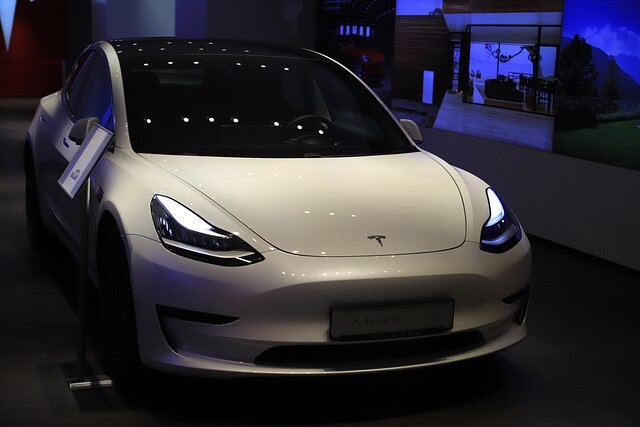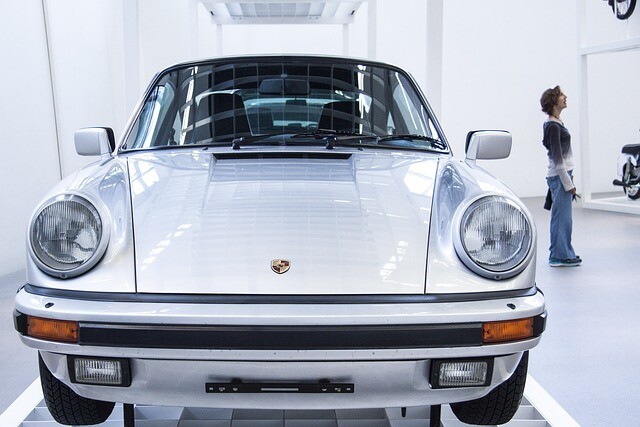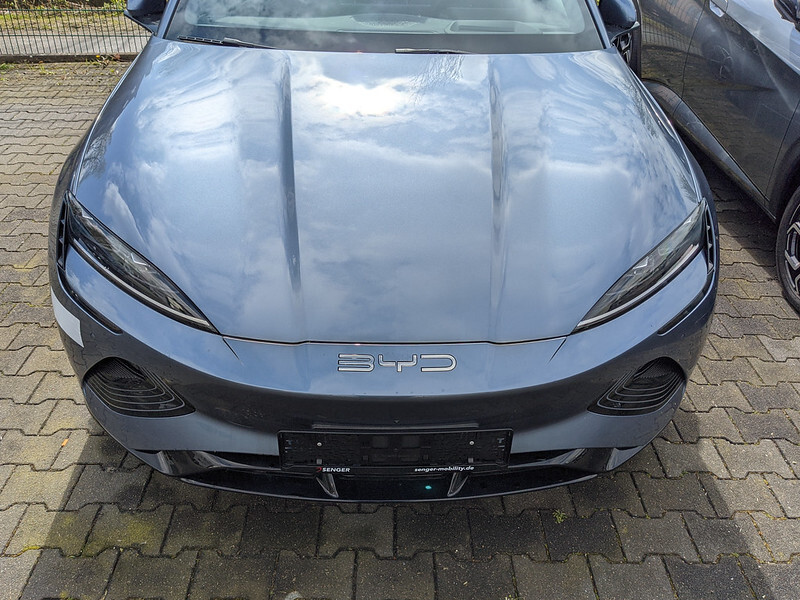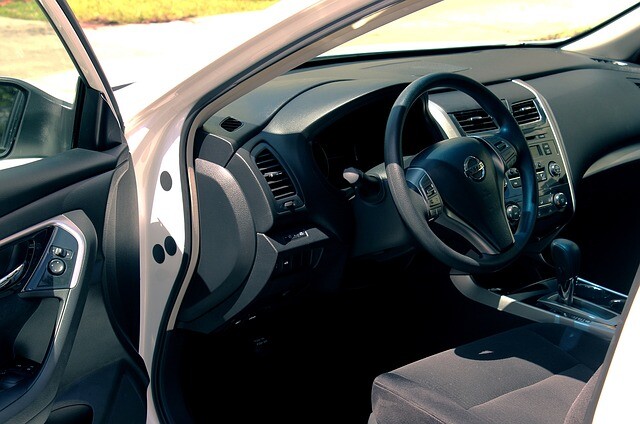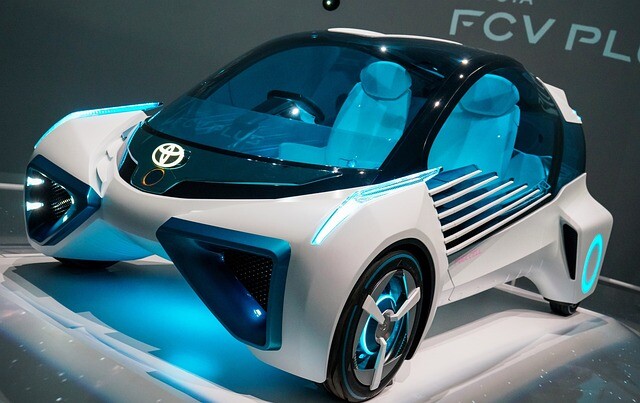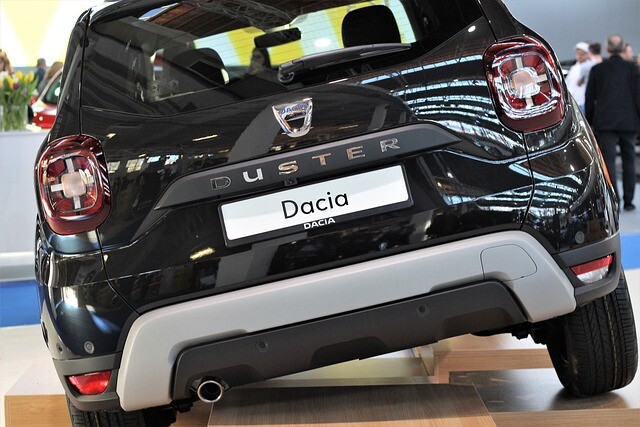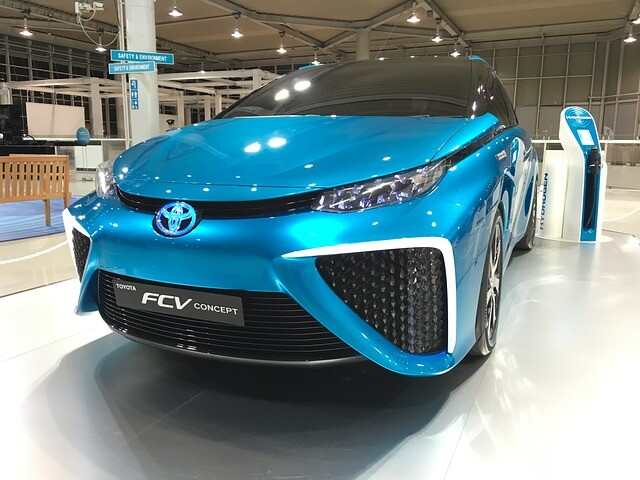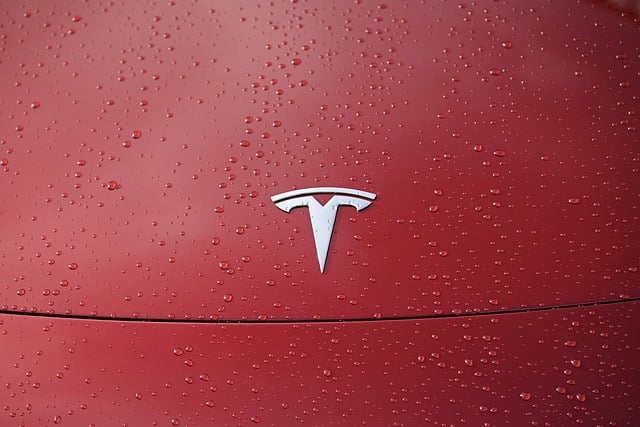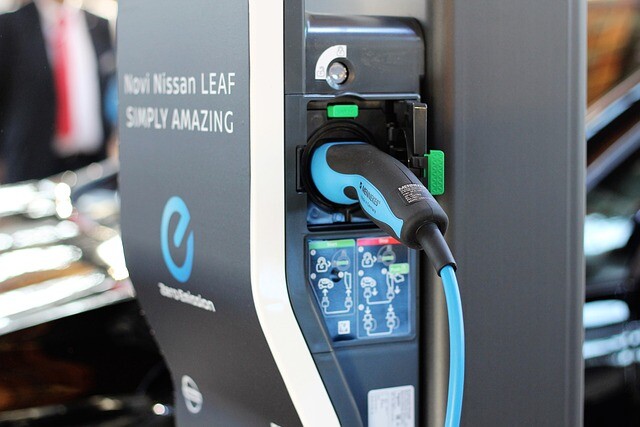The necessity and legitimacy of autonomous transport is no longer disputed today, but experts cannot agree on the capabilities of self-propelled vehicles beyond robotic aspects - in Hungarian: how and to what extent to contribute to the well-being of car occupants.
We haven't seen anything like this before
When automotive engineers design cars, they will always be the same. Lexus says it’s worth drawing inspiration from remote areas.

The world is full of smart people, we just have to find them. The keyword is ‘should’, as updating is essential if you want to break away from templates. However, Lexus wants to, so it has asked fresh minds as far away as possible from the traditional automotive industry to think further about the history of transport.
The automaker turned to the online free university of our time, TED, a front-runner in the universal right to knowledge. He asked two researchers from the organization’s global fellows (TED Fellows) to help formulate the directions they think the automotive industry should be heading.
According to neuroscientist Greg Gage , a robotics engineer, one of the most important achievements in the evolution of the human brain is that we “invented” emotions. So the car of the future needs to connect with its passengers through this channel - no matter how scary the thought of a machine screaming at our most feared thoughts.
“The human body is able to clearly signal our emotions, from the tiny vibration of the facial muscles to changes in skin temperature to eye movement. If the sensors built into the car are able to read and interpret these, the vehicle could adapt to us even before we actually feel what we need for a more comfortable ride. For example, if we search nervously for a phone number, you can turn down the music, and if you fall asleep, you can tilt the seat to a more comfortable position, ”the researcher outlined the options. “Kids imagine the whole world feeling the way they do. During a long process of maturation, we learn to interpret the external signs that enable us to become empathy, the art of empathy. This learning process also awaits artificial intelligence. ”
(Source: vezess.hu / photo: pexels.com)

